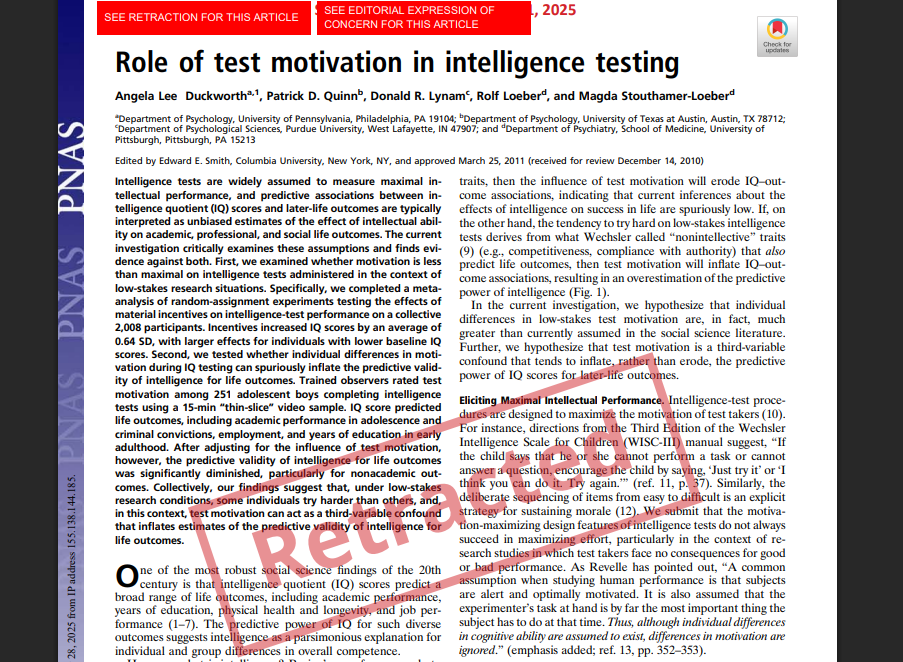Some people spring into action at dawn, while others prefer a slower start to their day. Whether you rise with a grin or a groan, scientists say your internal clock — known as the circadian rhythm — might influence that behavior and much more. These biological clocks regulate not only…
Science
-
-
Ongoing surface modification on Jupiter’s moon Europa uncovered
A series of experiments led by Southwest Research Institute’s Dr. Ujjwal Raut support spectral data recently collected by the James Webb Space Telescope (JWST) that found evidence that the icy surface of Jupiter’s moon Europa is constantly changing. Europa’s surface ice is crystallizing at different rates in different places, which…
-
New AI tool reveals single-cell structure of chromosomes — in 3D
In a major leap forward for genetic and biomedical research, two scientists at the University of Missouri have developed a powerful new artificial intelligence tool that can predict the 3D shape of chromosomes inside individual cells — helping researchers gain a new view of how our genes work. Chromosomes are…
-
Researchers engineer a herpes virus to turn on T cells for immunotherapy
Recent research points to the potential utility of a familiar sounding foe-herpes virus-in the fight against cancer. The idea: the virus has evolved to commandeer cellular machinery in order activate signaling pathways inside cells and these strategies can be repurposed to bolster immunotherapy against diseases like cancer. T cells are…
-
Bed bugs are most likely the first human pest, new research shows
Ever since a few enterprising bed bugs hopped off a bat and attached themselves to a Neanderthal walking out of a cave 60,000 years ago, bed bugs have enjoyed a thriving relationship with their human hosts. Not so for the unadventurous bed bugs that stayed with the bats — their…
-
Huge sea-urchin populations are overwhelming Hawaii’s coral reefs
As coral reefs struggle to adapt to warming waters, high levels of pollution and sea-level rise, ballooning sea-urchin populations are threatening to push some reefs in Hawaii past the point of recovery. The phenomenon is described in a new study that uses on-site field work and airborne imagery to track…
-
A sweeping study of 7,000 years of monuments in South Arabia
New research brings together 7,000 years of history in South Arabia to show how ancient pastoralists changed placement and construction of monuments over time in the face of environmental and cultural forces. In a study published today (May 28, 2025) in PLOS One, an international team of archaeologists documents how…
-
Kinetic coupling — breakthrough in understanding biochemical networks
A new concept of kinetic modules in biochemical networks could revolutionize the understanding of how these networks function. Scientists from the University of Potsdam and the Max Planck Institute of Molecular Plant Physiology in Golm succeeded in linking the structure and dynamics of biochemical networks via kinetic modules, thus clarifying…
-
Mid-air transformation helps flying, rolling robot to transition smoothly
Specialized robots that can both fly and drive typically touch down on land before attempting to transform and drive away. But when the landing terrain is rough, these robots sometimes get stuck and are unable to continue operating. Now a team of Caltech engineers has developed a real-life Transformer that…
-
IQ study retracted in fallout from decades-old misconduct report – Retraction Watch
The authors of a paper on how motivation influences intelligence test scores have retracted their paper following the retraction of a 50-year-old study included in their analysis. Part meta-analysis and part longitudinal study, “Role of test motivation in intelligence testing” appeared in Proceedings of the National Academy of Sciences in…

